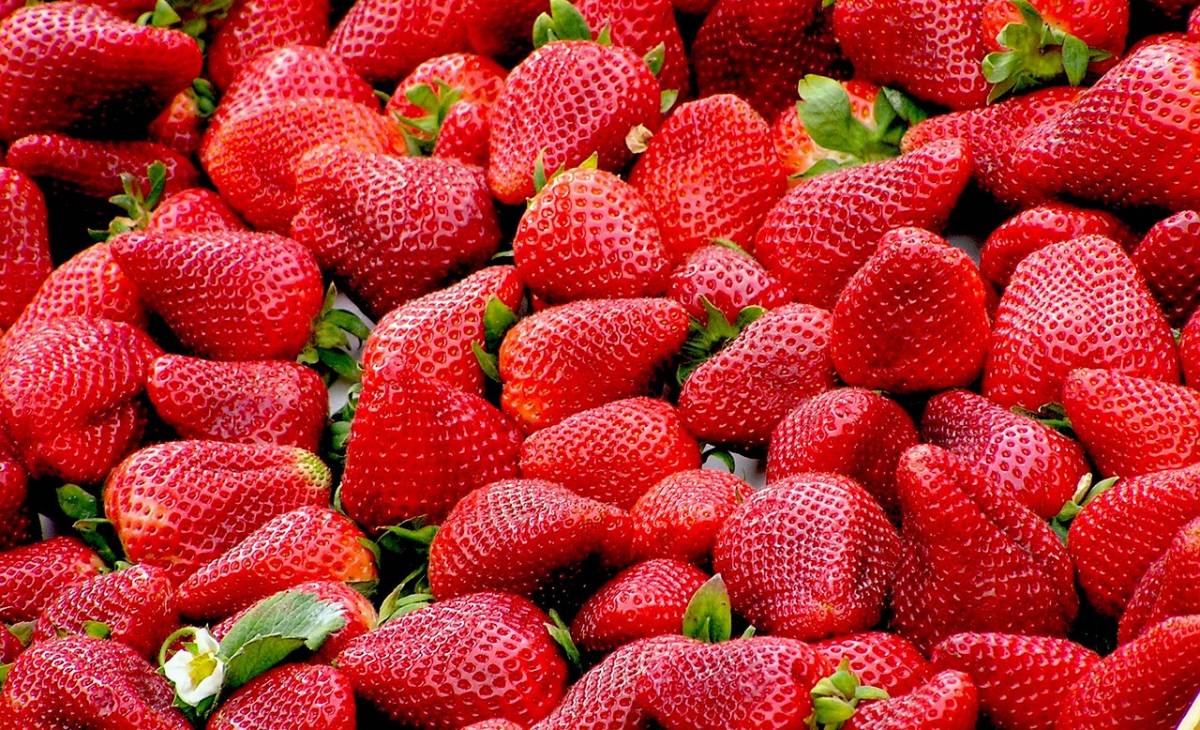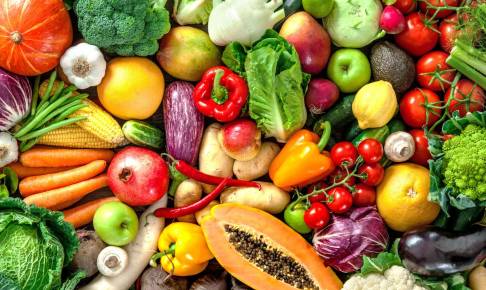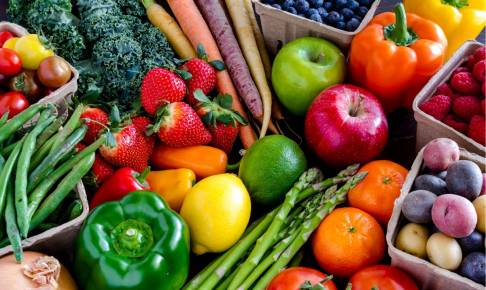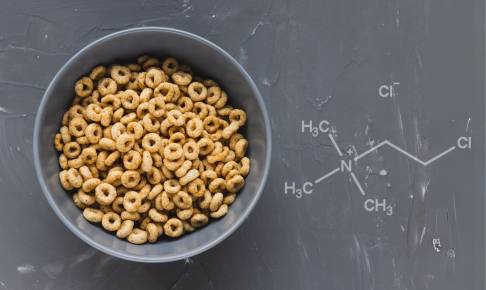Pesticides in fruits and vegetables: Dirty Dozen for 2023
The Environmental Working Group (EWG) has just published its “Dirty Dozen” and “Clean Fifteen” lists for the year 2023, which presents the fruits and vegetables with the highest and lowest presence of pesticide residues in the US market.
EWG’s lists have been compiled based on testing data from the U.S. Department of Agriculture (USDA) and the U.S. Food and Drug Administration (FDA). The 2023 edition covers 251 different pesticides, and it includes data from 46 569 samples of 46 different fruits and vegetables.
The good news is that all the products on the lists have residues below the legal limits. However, EWG highlights some problematic produce items.
The document reports that a single strawberry tested positive for 22 different pesticides. “Strawberries aren’t the only problematic produce item. 90 percent of blueberry samples were contaminated with toxic pesticide residues, including pesticides linked to cancer and nervous system harm,” EWG states.
According to EWG, 75% of non-organic fruits and vegetables sold in the United States are “riddled” with likely toxic agricultural chemicals. Some of the pesticides found on the produce have been banned in the US or in Europe because of the potential negative effects they can have on human health.
Here below are listed the EWG’s Dirty Dozen for 2023:
1. Strawberries
2. Spinach
3. Kale, collard, and mustard greens
4. Peaches
5. Pears
6. Nectarines
7. Apples
8. Grapes
9. Bell and hot Peppers
10. Cherries
11. Blueberries
12. Green Beans
This is the list of the Clean 15 for this year:
1. Avocados
2. Sweet corn*
3. Pineapple
4. Onions
5. Papaya*
6. Sweet peas (frozen)
7. Asparagus
8. Honeydew melon
9. Kiwi
10. Cabbage
11. Mushrooms
12. Mangoes
13. Sweet Potatoes
14. Watermelon
15. Carrots
* EWG highlights that some types of fruits and vegetables (e.g. sweet corn, papaya, summer squash) sold in the US are produced from genetically modified (GM) seeds, so it recommends that consumers buy organic varieties of these crops if they want to avoid GM produce.
Source:






















